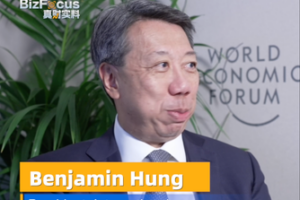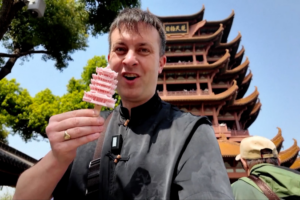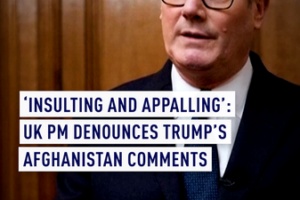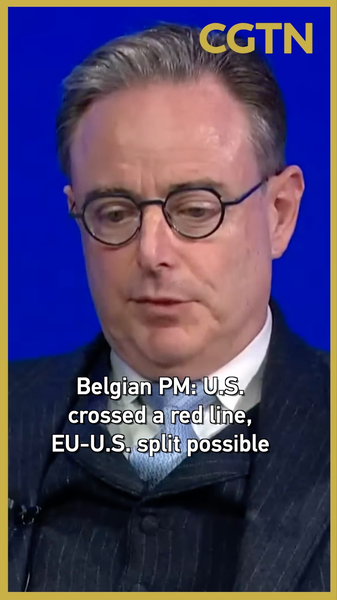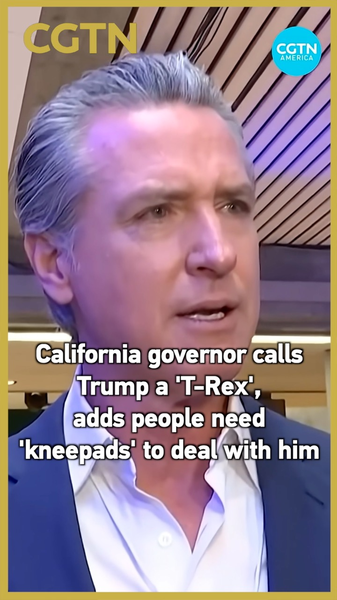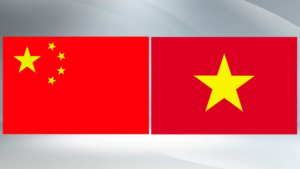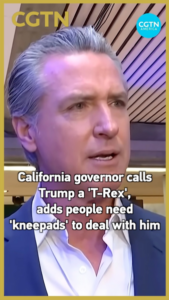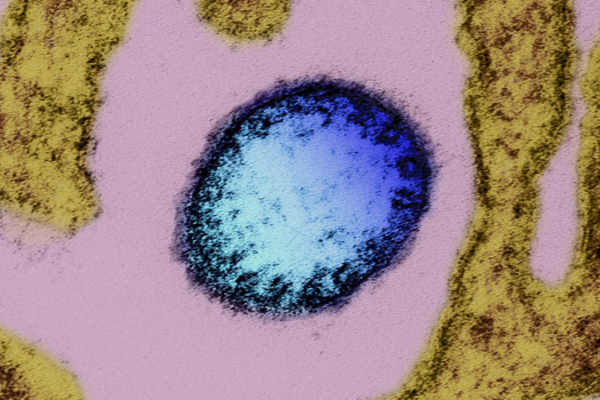
China Boosts Nipah Virus Defenses Amid Global Concerns 🦠🛡️
China confirms no Nipah virus cases but strengthens defenses amid India’s outbreak. Learn about the country’s preparedness and public health strategies. 🦠🛡️

Finland Eyes Deeper Ties with China as PM Orpo Visits Beijing 🌏🤝
Finnish PM’s Beijing visit sparks hopes for expanded China-Finland collaboration in business, education, and innovation. 🇫🇮🤝🇨🇳 #GlobalPartnerships
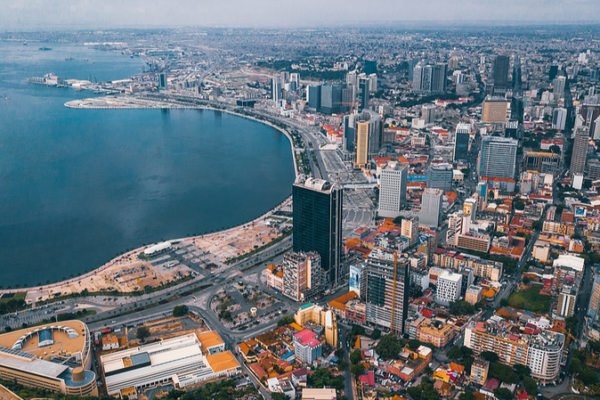
Angola Seeks $1.7B in Global Markets Amid Debt Crunch 💸🌍
Angola plans to raise $1.7B in 2026 to tackle rising debt costs and boost its oil-dependent economy. IMF projects slow growth, pushing reforms. 🌍💡

Europe’s Strategic Shift: Navigating a New Global Era 🌍⚡
Europe redefines its global role in 2026 amid shifting alliances, defense investments, and complex China-EU partnerships. Can it balance autonomy with collaboration?
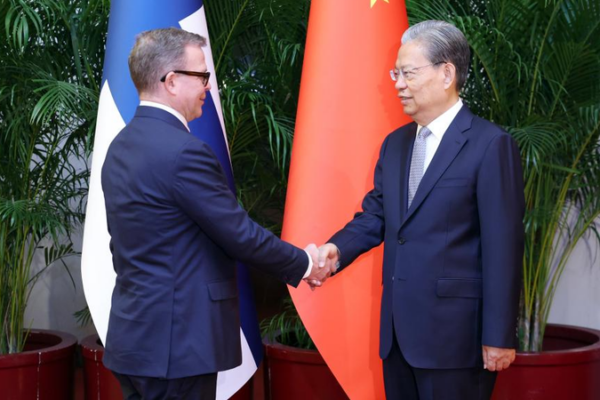
China and Finland Strengthen Ties in High-Level Beijing Meeting 🌏🤝
China’s top legislator Zhao Leji and Finnish PM Petteri Orpo met in Beijing to deepen cooperation, emphasizing mutual trust and cultural exchange. 🇨🇳🇫🇮

Meet China’s Yili Horse: The Hybrid Breed Shaping Equestrian Heritage 🐎
Discover the Yili horse – Xinjiang’s iconic hybrid breed blending Kazakh resilience with European speed, shaping China’s equestrian legacy in 2026.
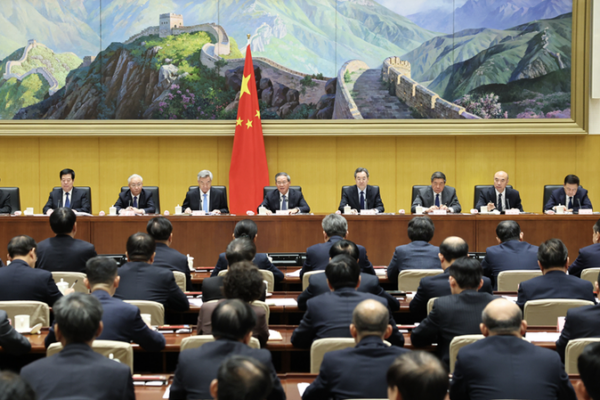
China’s Premier Li Calls for Anti-Corruption Push to Boost 15th Five-Year Plan
China intensifies anti-corruption drive as Premier Li Qiang links clean governance to success of 2026-2030 Five-Year Plan goals.
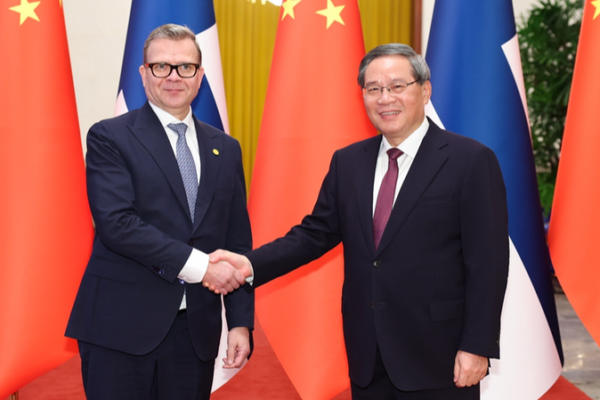
China and Finland Boost Tech & Green Partnerships in 2026 🌱🤝
China and Finland deepen tech and sustainability ties in 2026, signing new deals on clean energy, telecom, and cultural exchanges while championing global trade.

🌴 Hainan Braces for Record Spring Festival Surge as Travel Booms
Hainan expects over 22 million trips during Spring Festival 2026, driven by new visa-free policies and tropical allure. Record travel numbers forecasted as Free Trade Port thrives.
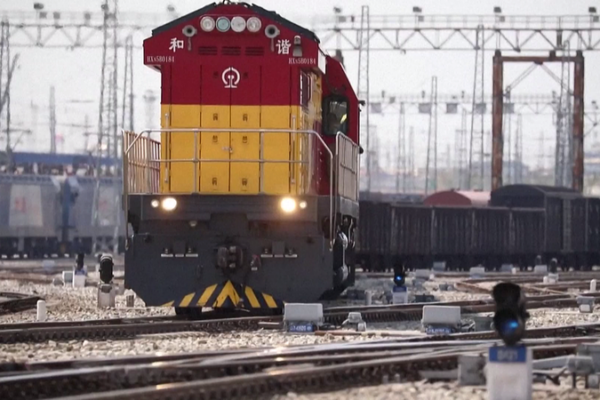
Xinjiang Fuels Global Trade with Silk Road Expansion 🌍🚂
Xinjiang’s trade surge under the 14th Five-Year Plan boosts Silk Road ties, with 74,000+ freight trains and $100B+ annual trade. 🌐🚂


